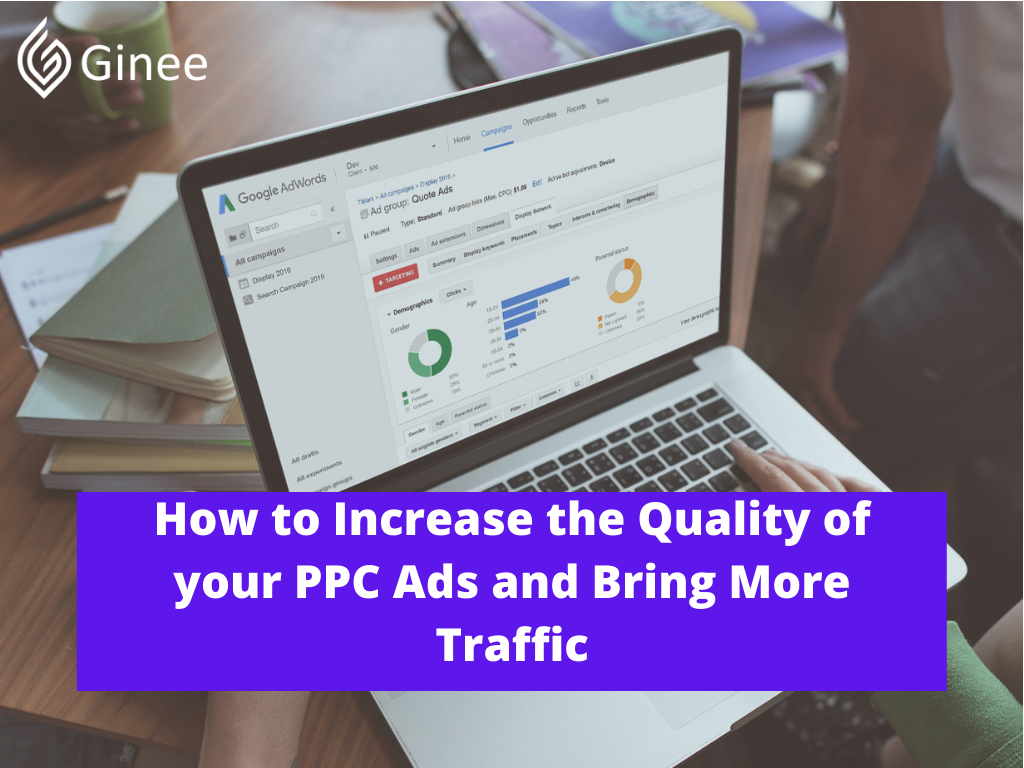
If you’re trying to master PPC, especially Google Ads, you need a solid understanding of Quality Score. That’s because your PPC Quality Scores have enormous influence over the cost and effectiveness of your paid search campaigns.
Just as your credit score can affect whether or not you qualify for a loan and how high your interest rate is, Google Quality Score affects how your PPC ads perform and how much you pay for each click.
Read also: 9 Most Important PPC Metric You Should Be Tracking
The Three Biggest Mistakes Newbies Make When Using PPC
What is a quality score? Quality Score is Google’s measure of how relevant a keyword has been based on data from past ad auctions. As soon as Google has enough data, keywords in an advertiser’s account are assigned a QS number between 1 and 10, with 10 being the best.
Before they have enough data, the QS will be shown as “—” in the interface or null (0) in some reports. This number is a representation of the aggregate relevance of the keyword across the many auctions in which it participates.
It is meant to guide advertisers, but it is not used to rank ads. What is used to rank ads behind the scenes of every ad auction is the auction-time QS that takes a lot of additional factors into account.
While the 1-10 number helps advertisers gauge how good a job they are doing at choosing the right keywords, writing good ads, and driving users to helpful landing pages, it’s the real-time QS that really matters.
The auction-time QS is more granular than a 1-10 number, but it is not shared with advertisers because it fluctuates all the time. It is also different for every single search that happens on Google and depends on the context of those searches, like:
- Where the user is located.
- The time of day.
- The nature of the search term and its relationship to your keyword.
- And other factors.
On a side note, there are two types of automated bidding tools from Google. One is called just “automated” and the other is called “smart.”
The key difference is that smart bidding can set different bids for every auction, thereby taking the real-time QS factor into consideration and setting “smarter” bids that are more likely to match the advertiser’s target.
How can I improve my PPC quality score? No matter if you’re managing your own campaigns or you’ve just taken over a client’s account, here are some of the most common PPC mistakes you should avoid:
Want to Put Digital Ads Everywhere Without Hassle?
Get the 360 digital marketing experience via Ginee Ads. Put your ads anywhere at any time, do them all in just one place!
Not Using Negative Keywords

If you’re going to be paying money for every click on your ad, then it makes sense to ensure you only receive the most high-quality clicks. Over the years, Google has tweaked its various match types, so they now trigger more keywords than ever before. Some of which aren’t even relevant and should be avoided.
Not Knowing The Customer’s Lifetime Value

Another huge mistake that many paid search marketers make is not fully understanding their customer’s lifetime value. In order to make a profitable and successful campaign, you need to be on top of your metrics and numbers.
Not Using Ad Extensions
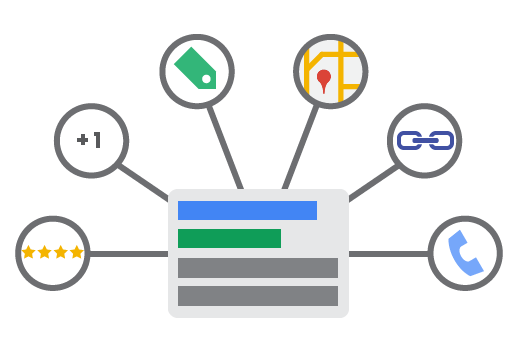
Even some PPC veterans can accidentally forget to add ad extensions to their campaigns.
By default, Google’s ads are rather bland and boring. With only two headlines and two descriptions to fill out, many beginners often fall into the trap of thinking that’s all they need.
How to Select the Right Keywords for Your PPC Campaign
What is a good quality score in Google ads? Running your first pay-per-click (PPC) campaign can be daunting. You might be wondering if it is worth the cost. The question I’m asked most often about PPC is, “how do I decide what keywords to use?”
Choosing the right keywords is vital if you want your PPC campaign to succeed. Choosing the wrong formula will mean you’ll be throwing money away.
PPC has additional benefits, too. It boosts your brand recognition, is highly customizable and measurable, and you have complete control over how you spend your money.
Since you pay nothing unless someone clicks on your ad, it’s particularly attractive to small businesses operating on a tight budget. And, since it’s not reliant on SEO or search engine algorithms, it gives you a better chance of competing with your niche’s biggest players.
What is good? Here are some of the categories of keywords you’ll want to explore:
Branded Terms
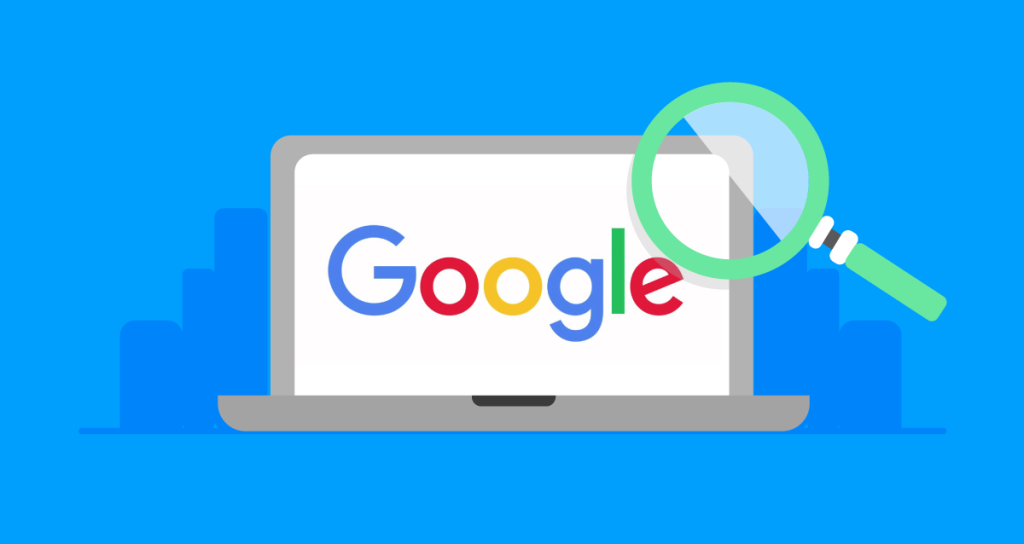
Branded search terms are any containing your brand name or other trademarked properties. The advantage of bidding on branded terms is that anyone searching these terms is likely a highly qualified lead – in other words, ready to buy. This is why you’ll see a lot of companies bidding on brand terms, especially competitor’s branded terms.
Generic Terms
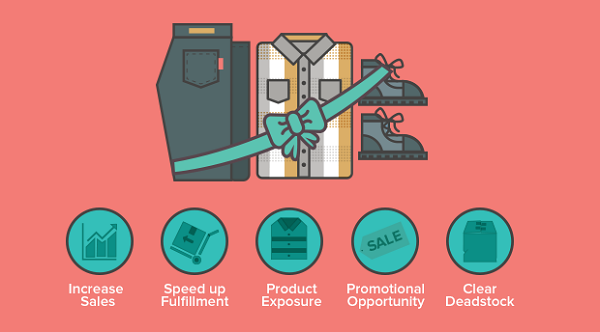
Generic terms are those that relate to your niche or what your business does but do not contain either your or your competitors’ branded terms. The majority of your chosen keywords will likely fall into this category.
Generic terms vary from high intent, terms that people use when they are looking to make a purchase, to low intent general terms associated with your niche. Rather logically, high intent terms are more expensive than low intent terms.
Keyword Research 101: How to Find the Right Keywords
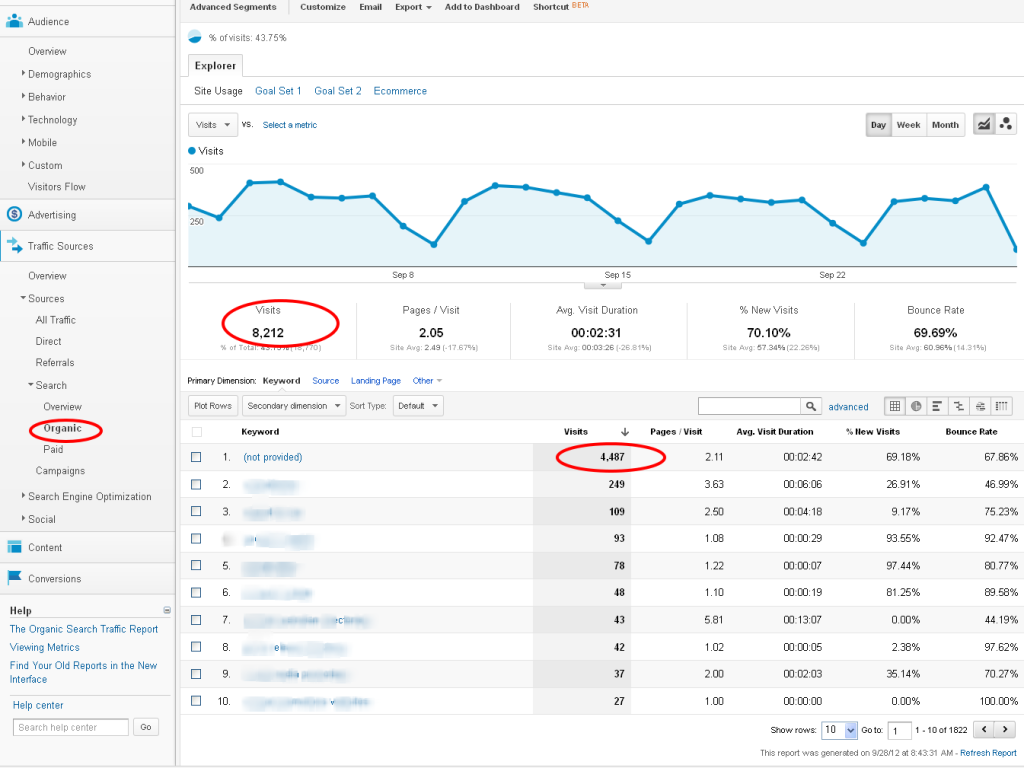
How to improve? Finding the right keywords to track for your site can be a bit of an art and a science. A few years ago it was pretty easy just to check Google Analytics for the keywords it says you’re ranking for, and then supplement your list from there.
Google’s switch to running most of their searches through https made things a bit more difficult. Now the report looks like this, with the majority of searches listed as “not provided”.
Still, Google analysis can be a good place to start to grab at least a few keywords you’re ranking for. You can find this report under Acquisition > Search Engine Optimization > Queries.
Which will give you the estimated search volume for any given keyword. Broad, generic search queries are naturally the hardest to rank for, while more specific, unique search queries are easier to rank. Branded terms are often the easiest to rank for, since they contain your unique business or website name in them.
Read also: 12 PPC Marketing Data Metrics You Should Know
Conclusion
Along with the bid, Quality Score is a major part of how Google decides which ads to show and how to rank them. Ads with lower bids can beat those of higher paying competitors by having better relevance.
This makes PPC very appealing because it’s not just the advertiser with the deepest pockets who always wins. Monitor your QS and tackle optimizations when a low QS is holding you back from achieving your targets.
But at the end of the day, don’t get so bogged down that you lose track of the ultimate business goals related to revenue, profitability and growth.
Increase Traffic Effectively with Ginee Ads Philippines Now!
Managing multiple sources of advertising campaigns is complicated if and could be not effective if you’re not doing it right. Trus us, we know. You can consult with Ginee Ads on how to increase the quality of your PPC Ads and Bring More Traffic to your business sites.
Don’t Know How to Set Up Digital Ads? Don’t Worry!
Set up Google, Facebook, TikTok Ads, and more with Ginee Ads. The best part is you can do all of this in one place. Check it out now!


 Ginee
Ginee
 22-12-2021
22-12-2021



